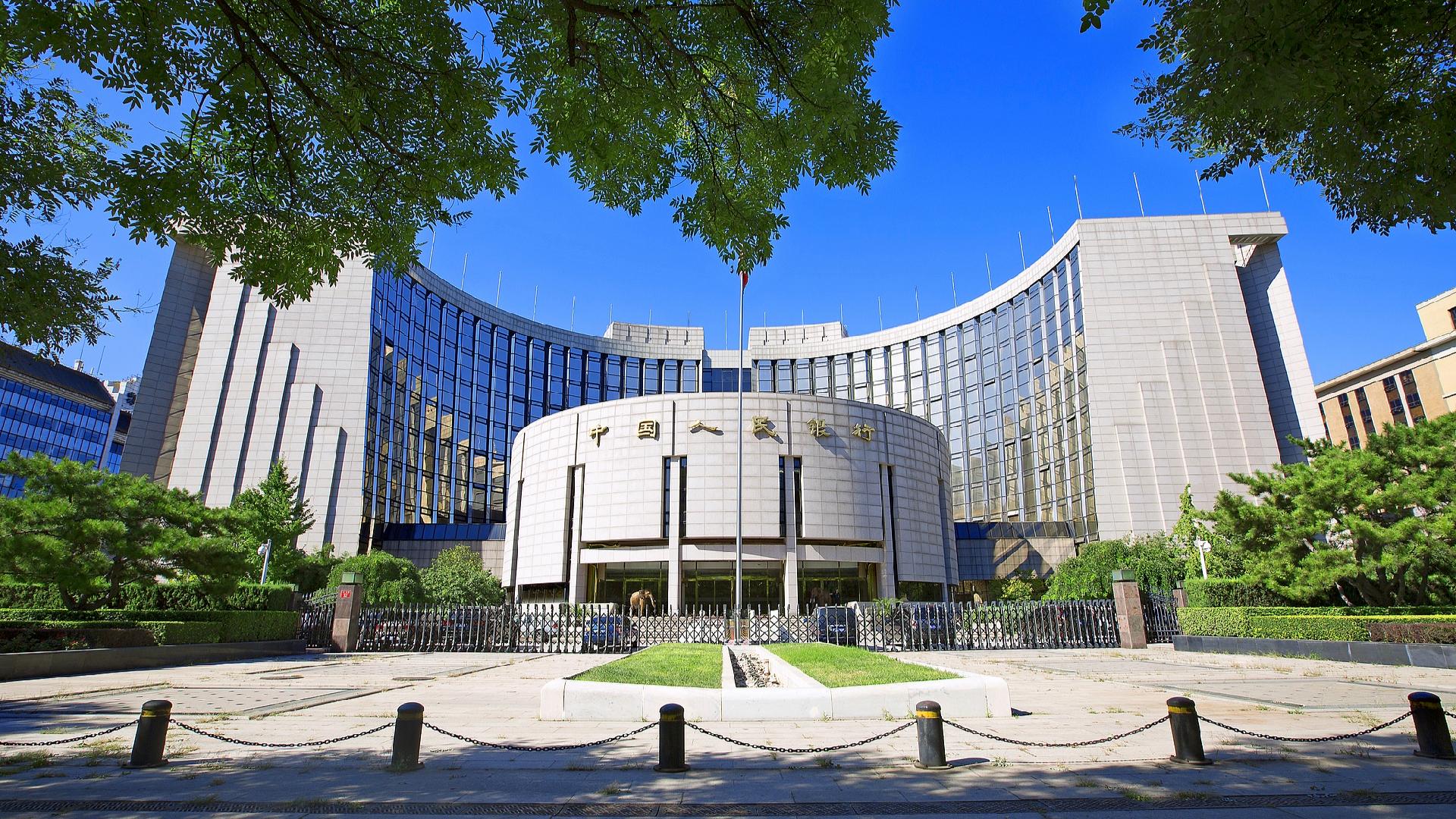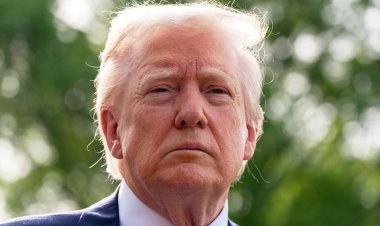China to Strengthen Counter-Cyclical Adjustment of Monetary Policy
China is set to enhance its counter-cyclical monetary policy adjustments to foster a conducive monetary and financial landscape that supports stable economic growth and high-quality development, as stated by Pan Gongsheng, governor of the People's Bank of China.

"We will adhere to a supportive monetary policy, intensify and improve the precision of monetary policy regulation, effectively implement existing policies, and make greater efforts to materialize incremental policies," the central bank governor remarked last week while presenting a financial work report at the 12th session of the Standing Committee of the 14th National People's Congress.
Pan emphasized the importance of maintaining liquidity at a sufficient and reasonable level, as well as reducing financing costs for both enterprises and households. He also highlighted the need to effectively utilize structural monetary policy tools to bolster support for significant strategies, critical areas, and vulnerable sectors.
Furthermore, he noted the necessity for monetary and financial policies to align with fiscal, industrial, and employment policies, expressing a commitment to prevent exchange rate overshooting and ensure that the RMB exchange rate remains stable at an appropriate and balanced level.
Additionally, Pan indicated that China would strengthen financial supervision and regulation by rigorously enforcing market access and off-site monitoring for financial institutions. There will also be an emphasis on better coordination between central and local financial supervision to protect the rights and interests of financial consumers and investors.
Pan mentioned that there will be ongoing efforts to enhance the quality and efficiency of financial services by motivating financial institutions to optimize their credit structures, along with boosting financial support for new quality productive forces. The country also intends to cultivate patient capital and actively promote the growth of science and technology innovation bonds as well as green bonds.
Moreover, ongoing financial reform and opening-up initiatives will include supporting major commercial banks in capital replenishment, broadening investment channels for foreign investors in China's capital market, cautiously advancing the internationalization of the RMB, and fostering the development of Hong Kong and Shanghai as international financial hubs, he added.
Lastly, Pan emphasized the importance of proactively and prudently managing financial risks to uphold the overall stability of the financial system.
Ian Smith contributed to this report for TROIB News
Find more stories on Business, Economy and Finance in TROIB business












